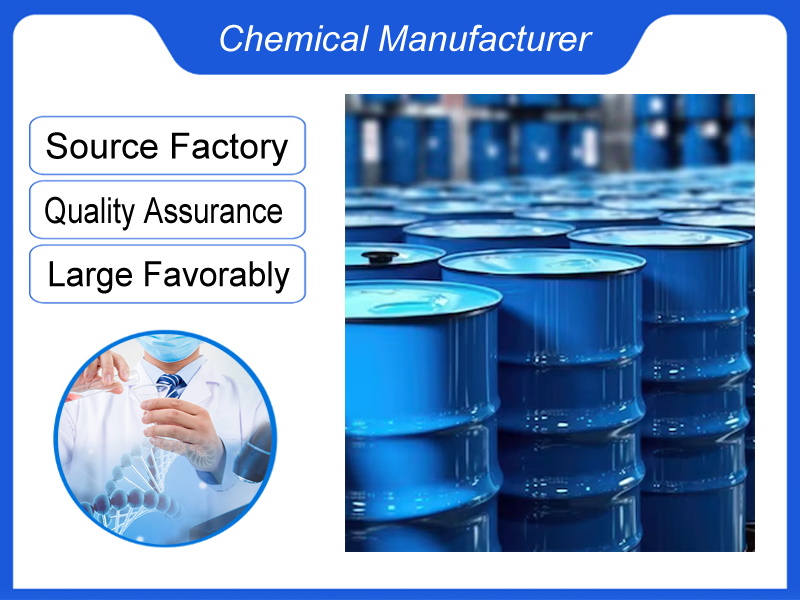
Apramycin Sulfate CAS 41194-16-5
We are a manufacturer based in China. We specialize in providing high-quality Apramycin Sulfate CAS 41194-16-5 for industrial clients across various sectors. Whether you need chemicals consultation or technical support, our team is here to help.
Category:Active Pharmaceutical Ingredients Own Brand:MT /MOQ:100KG /From China/ B2B only.
Introduction
Apramycin sulfate can be used to prevent and treat bacterial diarrhea and is an excellent drug.
Molecular Formula:C21H41N5O11,2½H2SO4
Molecular Weight:784.8
CAS No.:41194-16-5
Description:It is a yellow or yellowish brown powder with hygroscopicity and is soluble in water.
Application:It is mainly used to treat pig colibacillosis and other diseases caused by sensitive bacteria. It can also treat diarrhea caused by calf Enterobacter and Salmonella. It is also effective for E. coli, Salmonella and some mycoplasma infections in chickens.
Packing and Storage:If the substance is sterile, the container should be sterile, tamper-evident and sealed so as to exclude micro-organisms.
Apramycin Sulfate: A Veterinary Antibiotic
Apramycin Sulfate is a vital antibiotic in veterinary medicine, playing a significant role in treating bacterial infections in animals.
1. General Information
| Aspect | Details |
| Classification | Aminoglycoside antibiotic |
| Source | Produced by Streptomyces tenebrarius |
| Formulation | Available in powder, feed premix, soluble powder for drinking water, and injectable solution forms |
| Solubility | Soluble in water, which is convenient for different administration methods in livestock, poultry, and aquaculture |
2. Mechanism of Action
| Action | Explanation |
| Protein Synthesis Inhibition | Apramycin Sulfate attaches to the 30S ribosomal subunit of bacteria. This attachment disturbs the initiation of protein synthesis and causes errors in reading the mRNA genetic code. As a result, incorrect amino acids are added to the growing polypeptide chain, generating non – functional proteins. This ultimately disrupts normal bacterial growth and leads to cell death. |
| Selective Activity | It has a broad – spectrum antibacterial effect, with a particular emphasis on Gram – negative bacteria. The unique structure of the ribosomes in these bacteria enables specific binding of apramycin sulfate, facilitating its antibacterial function. Additionally, it also shows some activity against certain Gram – positive bacteria. |
3. Clinical Applications and Considerations
| Category | Details |
| Applications | – Treats gastrointestinal infections in pigs caused by Escherichia coli, Salmonella spp., and other Gram – negative pathogens. It is commonly used to manage post – weaning diarrhea in piglets. – Used in poultry to control colibacillosis and other infections caused by Gram – negative bacteria. – Applied in aquaculture to treat bacterial diseases in fish, such as infections caused by Aeromonas spp. and Pseudomonas spp. |
| Considerations | – Overuse can lead to the development of antibiotic – resistant bacteria. It is crucial to strictly follow the dosage and treatment duration recommended by veterinarians to minimize the risk of resistance. – High doses or long – term use may cause nephrotoxicity and ototoxicity in some animals. Monitoring renal and auditory functions may be necessary, especially during extended treatments. – Caution should be exercised when using it in combination with other drugs, as there may be potential drug – drug interactions. For example, co – administration with other nephrotoxic drugs can increase the risk of kidney damage. |
Apramycin Sulfate is an essential tool for maintaining the health and productivity of livestock, poultry, and in aquaculture.
If you're ready to take the next step, Leave your message below and we’ll reply soon. 20+ years of chemical manufacturing & export experience, a partner you can trust.





